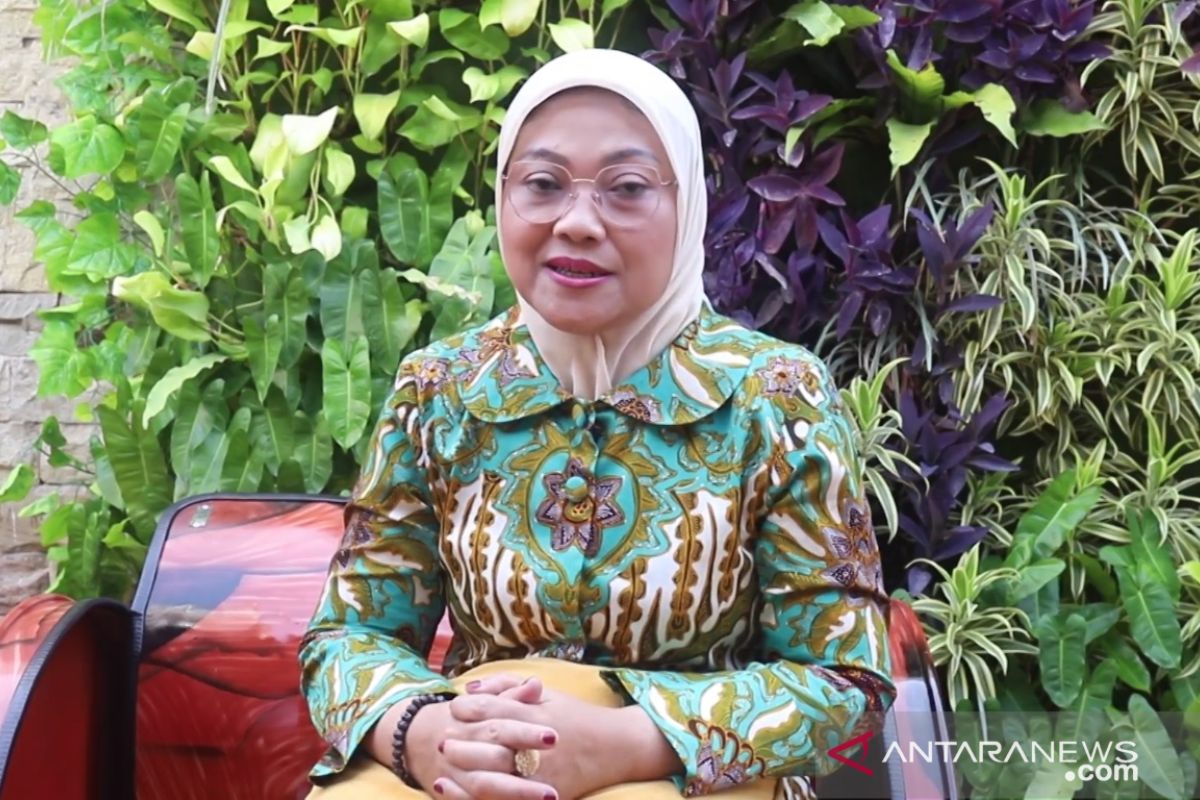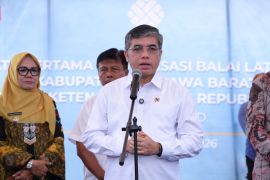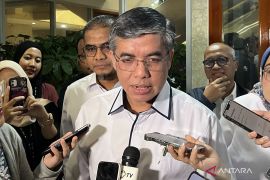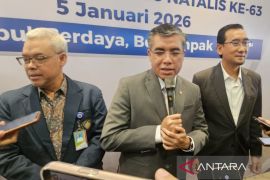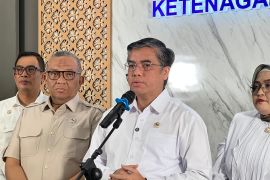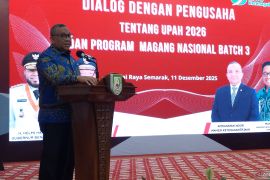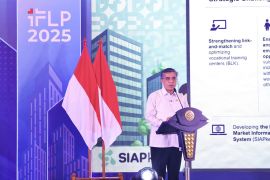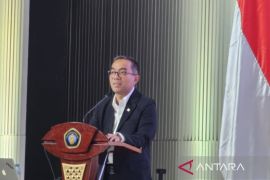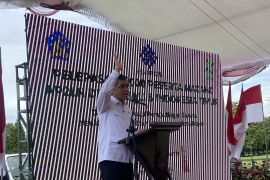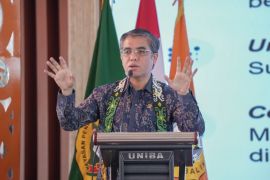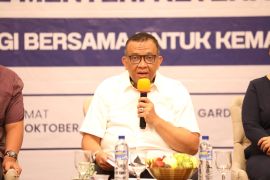“The government confirms once again that the process of drafting the omnibus bill on job creation has involved public participation. For the labor cluster, the Ministry of Manpower invited labor stakeholders whether it is a labor / labor union, employers, even invited academics from universities and listened to the aspirations of the International Labor Organization (ILO),” the minister said in a statement issued in Jakarta on Tuesday.
According to Ida, when President Joko Widodo decided to postpone the discussion on the labor cluster in the job creation omnibus bill on April 24, 2020, the Ministry of Manpower took advantage of the momentum to invite representatives of trade / labor unions and the Indonesian Employers Association (Apindo), who are members of the National Tripartite forum, to deepen the formulation of the bill.
The results of the tripartite forum became the basis for the discussions on the job creation bill, especially the labor cluster, which was passed by the House of Representatives (DPR) into law on Monday (October 5, 2020), she informed.
Ida said she realizes there are pros and cons related to the job creation law, which is a natural thing in social and democratic dynamics. However, in the end, the government had to decide and prepare a draft to be discussed with the DPR, she said.
“As much as possible, we (did) try our best to bring the views of trade unions / laborers closer to entrepreneurs,” she added.
Ida said that in the end, the DPR heard the accommodation of this view.
She also lauded the DPR for publicly broadcasting the deliberations on the job creation omnibus bill, including for the employment cluster.
The House of Representatives (DPR) and the Indonesian government on Monday passed the controversial omnibus bill into law amid mounting criticism over its provisions on labor rights, indigenous community rights, and environmental protection.
“According to what we heard, once again let me ask for approvals in this plenary session, can we all agree (to pass the bill into law)?" Deputy House Speaker Azis Syamsuddin from the Golkar Party, who led the session, asked fellow house members.
Most representatives attending the plenary session approved the bill's passage into law.
Before the deliberation, all political parties presented their views on the Omnibus Bill on Job Creation. At least six parties firmly endorsed the omnibus bill, while the National Mandate Party presented a note on the bill. Two parties — Prosperous Justice Party (PKS) and Democratic Party (Partai Demokrat) — opposed the bill’s passage.
Following political party representatives, the government presented its views on why the bill needed to be passed into law.
Related news: IHSG extends gains on job creation bill, positive global cues
Related news: Market cheers job creation bill, ends in green
Translator: Prisca T, Azis Kurmala
Editor: Rahmad Nasution
Copyright © ANTARA 2020
